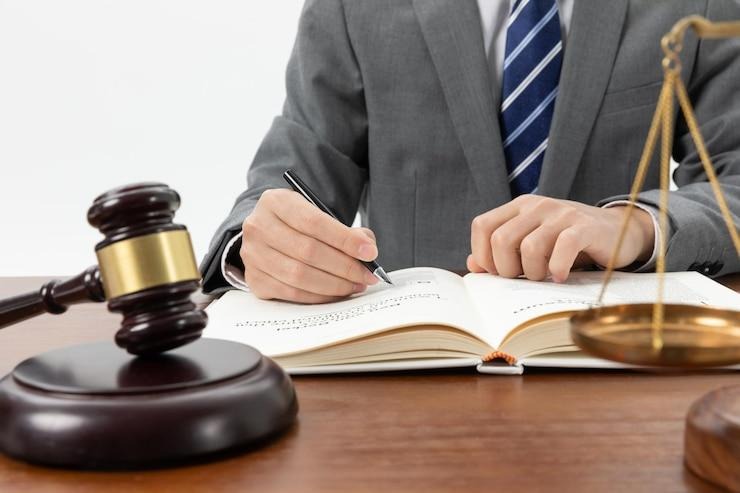But here’s the thing—being prepared can make a huge difference. It helps you make the most of your time, ask the right questions, and understand whether the lawyer is the right fit for your needs.
That’s why many people who are looking for reliable legal help turn to Lulich & Attorneys. They’ve built a reputation for guiding clients with clarity and compassion, and they appreciate it when clients come in informed and ready to talk.
Here are a few things you should know before you plan on meeting a lawyer.
Know What You Need Help With
Before walking into any law firm, have a clear idea of why you’re going. Are you buying a home, handling a will, going through a divorce, or pursuing compensation after an accident? Knowing the general category of your issue will help the lawyer understand what kind of legal support you need.
You don’t need to know every legal term, but being able to explain your situation clearly will make the meeting smoother. Jot down what happened, include dates if possible, and bring any related paperwork. Even a simple timeline or summary can go a long way.
Bring the Right Documents
Lawyers love facts. The more accurate and detailed your documents are, the better they can help you. Bring anything related to your case: medical records, accident reports, contracts, financial statements, emails, photos, or police reports.
If you’re unsure about what’s relevant, bring it anyway. It’s better to have too much than not enough. Having these materials on hand allows the attorney to give you practical advice on the spot, rather than having to follow up later.
Prepare Your Questions
Your time is valuable, and so is the lawyer’s. Writing down your questions ahead of time keeps the meeting focused. Ask about things like:
- What experience do you have with cases like mine?
- What outcomes can I realistically expect?
- What’s the timeline for a case like this?
- What are your fees, and how do you bill clients?
These questions can help you understand how the law firm works and whether you’re comfortable moving forward with them.
Be Honest and Clear
It can be tempting to hold back details, especially if they feel personal or embarrassing. But remember, lawyers aren’t there to judge you. They need the full picture to give you the best advice.
Being honest builds trust and saves time. If your case has some complications, it’s better they know upfront than be surprised later. Full disclosure allows your attorney to plan a better legal strategy that fits your specific needs.
Understand the Lawyer’s Role
A lawyer’s job isn’t to tell you what you want to hear. Their role is to give you sound legal advice based on the facts and the law. Sometimes that means setting realistic expectations, even if they’re hard to hear.
A good lawyer won’t make promises they can’t keep. Instead, they’ll explain your options, the risks involved, and the next best steps. Look for someone who listens, speaks clearly, and gives honest answers. That’s the sign of a law firm that truly wants to help you.
Conclusion
Scheduling a meeting with a law firm is more than just a formal step—it’s the beginning of solving a problem that matters to you. Being prepared, clear, and open sets the tone for a successful relationship with your legal team.



